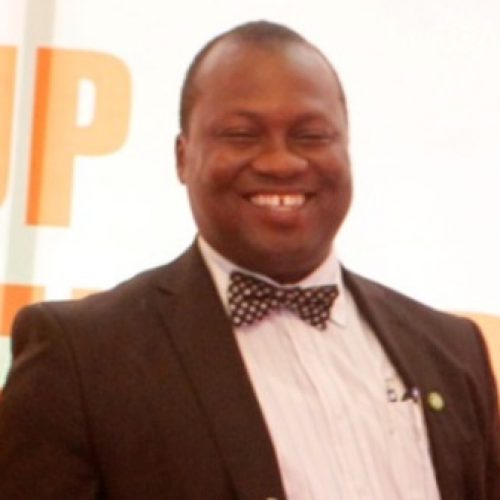Stroke Action Nigeria partners WSO on stroke management
Stroke Action Nigeria has partnered the World Stroke Organisation to take action, drive awareness and push for better access to stroke treatment in Nigeria as part of activities to mark the 2016 World Stroke Day.
Stroke has been identified as the leading cause of death globally. According to research, every two seconds, someone has a stroke, and unfortunately many do not receive proper stroke care.
The Chief Executive Officer of the Stroke Acton Nigeria, Rita Melifonwu, who was awarded the Individual Achievement Award at the 10th World Stroke Congress, Hyderabrad, India on Wednesday, said, “Recognising the signs of stroke early and treating it as a medical emergency with admission to a specialised stroke unit and access to the best professional care can substantially improve outcomes.”
Currently in Nigeria, stroke has reached epidemic proportions, affecting over 190,000 people a year. This is an estimate since there is no effective stroke registry to capture national incidence data on stroke. About 60 per cent of stroke survivors in Nigeria die within three months, a further 30 per cent die within 12 months and the few survivors end up with severe disability.
But luckily, stroke is treatable – this is the message Stroke Action Nigeria seeks to promote on World Stroke Day (October 29).
Stroke Action Nigeria disclosed this at the 5th Nigeria Stroke Assembly at the Federal Secretariat, Abuja with the theme: Face the Fact: Stroke is Treatable. The event will continue with Walk and Run against Stroke at the Millennium Park in Abuja.
According to the facts by the WSO more than 17 million strokes occur globally each year with over six million deaths. It says that the global challenge is huge with 26 million stroke survivors, many living with significant disabilities that impede their ability to carry out daily tasks. One in six people will have a stroke in their lifetime.
“The right stroke care can prevent stroke and save lives,” said WSO President, Prof. Stephen Davis. “We are calling on governments to take action to improve awareness that stroke can happen to anyone and increase equity of access to critical stroke treatments.”
As provided by the organisation, key facts Stroke Action Nigeria is promoting the World Stroke Day are: Early recognition makes a big difference: We encourage the public to learn the signs of F.A.S.T. (Face drooping; Arm weakness; Speech slurred; Time to call an ambulance) and know to take immediate action.
He went on: “Organised stroke care in specialised stroke care units improves the chance of a good outcome by 14 per cent. All stroke patients should be able to access essential stroke services, regardless of the economic setting. The use tPA (intravenous thrombolysis) improves the chance of a good outcome by 30 per cent in appropriate patients. This lifesaving drug should be accessible to all and Rehabilitation as a critical step in the treatment process. Primary and secondary prevention treatments and lifestyle change can reduce the risk of a stroke.”
Meanwhile the incoming WSO president, Prof. Werner Hacke, added: “This World Stroke Day, we encourage you to join the fight against stroke. Everyone must advocate together in one world voice for stroke.”
About author
You might also like
NAFDAC alerts consumers on recalled male performance enhancement capsule
The National Agency for Food and Drugs Administration and Control (NAFDAC), on Sunday, warned users/consumers against the use of PrimeZen Black 6000mg, a male performance enhancement capsule recalled from the
Hypertension remains Nigeria’s leading cause of sudden deaths – Dr. Faduyile
A Consultant Anatomic Pathologist, Department of Pathology and Forensic Medicine, Lagos State University Teaching Hospital (LASUTH) Ikeja, Dr Francis Faduyile, last week said hypertension is still the number one cause
WHO calls for urgent action to end TB
Fewer people fell ill and died from tuberculosis (TB) last year but countries are still not doing enough to end TB by 2030, warns the World Health Organization (WHO). Although







0 Comments
No Comments Yet!
You can be first to comment this post!